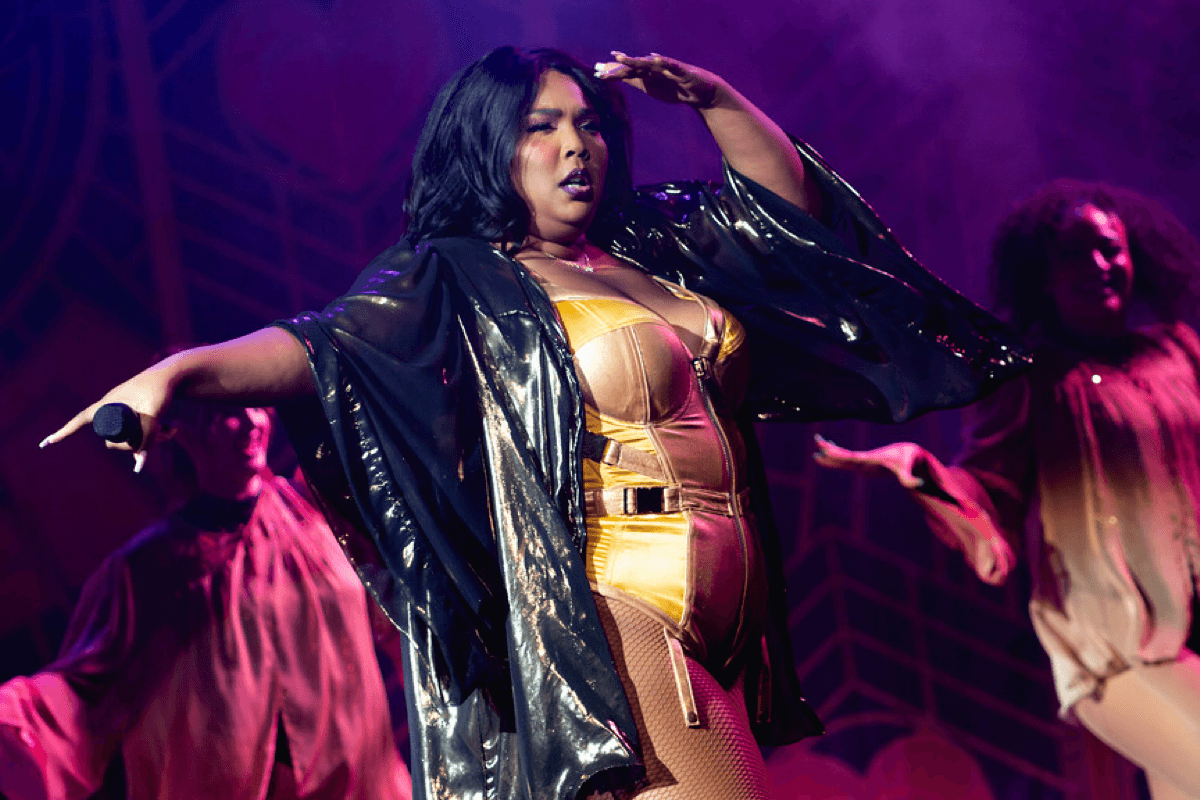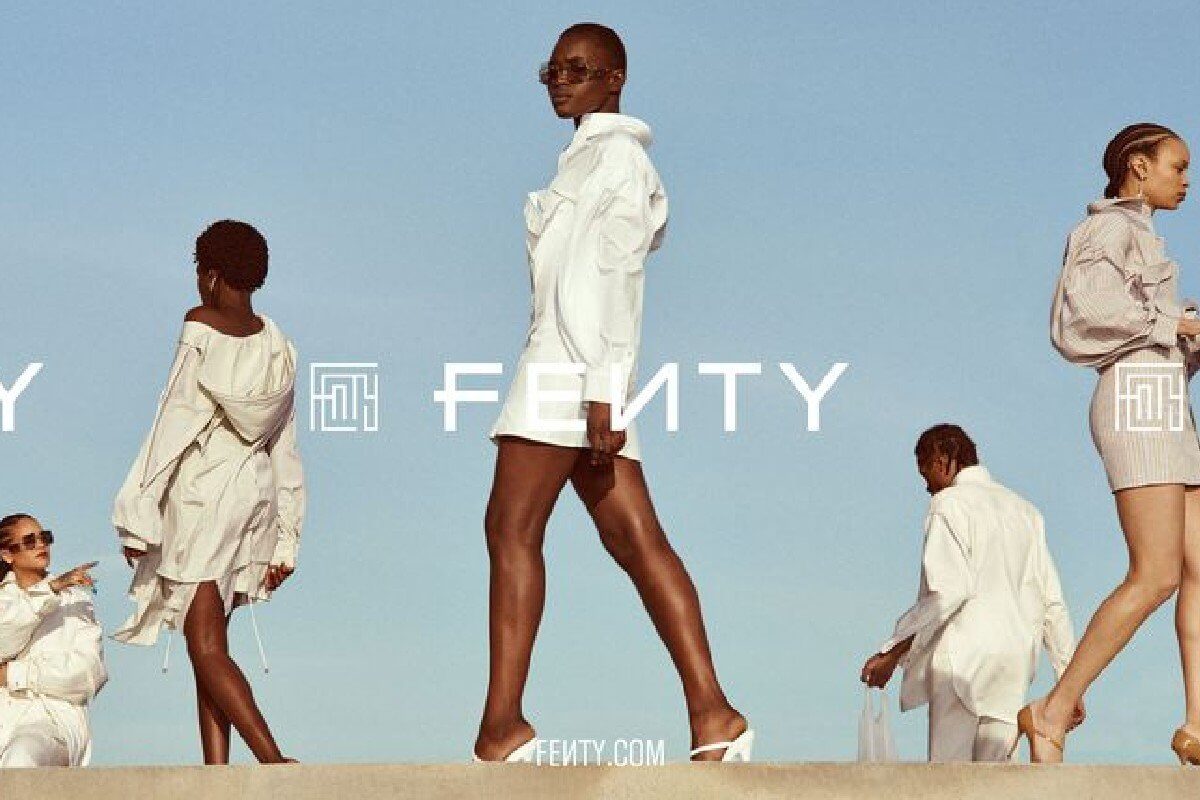Beauty means different things to different people. Beauty also looks different to everyone, depending on where you come from and what you’ve been exposed to over the course of your lifetime. How many models of colour can you name? How many plus-size women do you see in magazines? How many older models do you see in the media? And how many transgender models do you see on your TV screens? There’s no singular definition or standard of what’s beautiful and what isn’t, no right or wrong. Beauty should no longer be viewed through a narrow lens, it’s about time the way talk about beauty changed.
For generations and generations, what was considered beautiful was very narrow-minded. To be considered a beautiful woman you generally had to have a narrow waist, plump breasts, high cheekbones, a petite nose, full lips, and big bright eyes with long flowing hair. If you deviated too far away from this Westernised standard of beauty you were considered less desirable, and less valued. For many women, this form of beauty was simply unattainable. What about all of the WOC, older women, transgender and non-binary women, and plus-size ladies who couldn’t fit this ideal? They were forgotten about, pushed to the side-lines, considered unworthy. This new realm of beauty were living in isn’t defined by race, gender, body shape, or age. Thankfully, with the rise of technology, people are becoming the cover stars of their own stories. Stories we’ve been eagerly awaiting.
The definition of beauty is expanding; making room for women with skin conditions such as vitiligo and albinism, acne and rosacea, birthmarks, bald women, and so much more. At last we’re moving towards a culture of beauty where everyone is welcome, and everyone is celebrated. The launch of Fenty Beauty in September 2017 was a game-changer, the demand for an inclusive beauty brand so high that their initial launch of a 40-shade foundation range sold out pretty much instantly. The impact that this had on the beauty industry was monumental, brands were pushed to make inclusivity a key focus as it was so badly needed. Fenty Beauty proved that the conversation around beauty needed to be changed, that we need to redefine stereotypical beauty ideals and norms to better reflect the world we live in.
Over the last few years, beauty has moved into uncharted territory. Beauty that was once deemed niche is now more mainstream, and finally the dialogue is changing. As LGBTQ rights have progressed, we’re now seeing more transgender and non-binary individuals reflected in the wider mainstream beauty narrative. Transgender models now walk the runways at Fashion Month and appear in global advertising campaigns, in January 2019 Louis Vuitton tapped transgender actress and Pose star Indya Moore for its Spring 2019 pre-fall campaign making history at the brand. A high point of supermodel Ashley Grahams career came when in February 2016 she became the first plus-size model to be on the front cover of Sports Illustrated, a title known for its narrow definition of beauty. We’ve only come this far because society has demanded it, allowing the prestigious doors of beauty gatekeepers to open a little wider.
Becoming more aware and more accepting about how we view ourselves and our bodies can allows us to feel happier in life, and have better self-esteem. Lizzo is a beauty icon the world may not have been ready for, but one that was needed. She tells it like it is, and doesn’t shrink herself in order to ‘fit in’ with societies age-old standards. Society may not have been used to seeing a plus-size body wearing whatever it wants and moving in a way a lot of people probably didn’t think possible, so thankfully we have Lizzo to challenge these preconceptions and reclaim the fact that plus-size bodies are beautiful. Another prominent figure who’s rallied against the mainstream is UglyWorldwide, aka Jazzelle Zanaughtti. A Detroit-born model who has an androgynous aesthetic and challenges all rules surrounding gender and representation, Jazzelle is a metamorphic beauty icon and fashion game-changer. Aiming to create a more diverse perception of beauty, Miss Zanaughtti’s creativity rains prominent in her jaw-dropping IG make-up looks. Most important of all she’s authentic and true to herself, something we can all learn from and take note of.
As always, there’s always more work to be done when discussing inclusivity and beauty. Inclusivity is often a word that’s thrown around without anyone taking into account the responsibility and hardship that comes with it. The progress made over the last few years, such as Lizzo featuring in an Urban Decay campaign and UglyWorldwide fronting a campaign for ASOS, shows that an inclusive future is possible. For a WOC, this may mean having her natural hair feature front and centre, for a plus-size women, this may mean having her body included in the conversation, and for older women, this may mean being made to feel visible. Beauty needs to make space for all women, and men, from a wider spectrum of races, religions, sizes, abilities, and ages. The more we embrace who we are, the greater power we have to help change the narrative about what’s considered beautiful. Beauty isn’t one universal standard, one single thing, beauty is limitless.
Written by J'Nae Phillips







